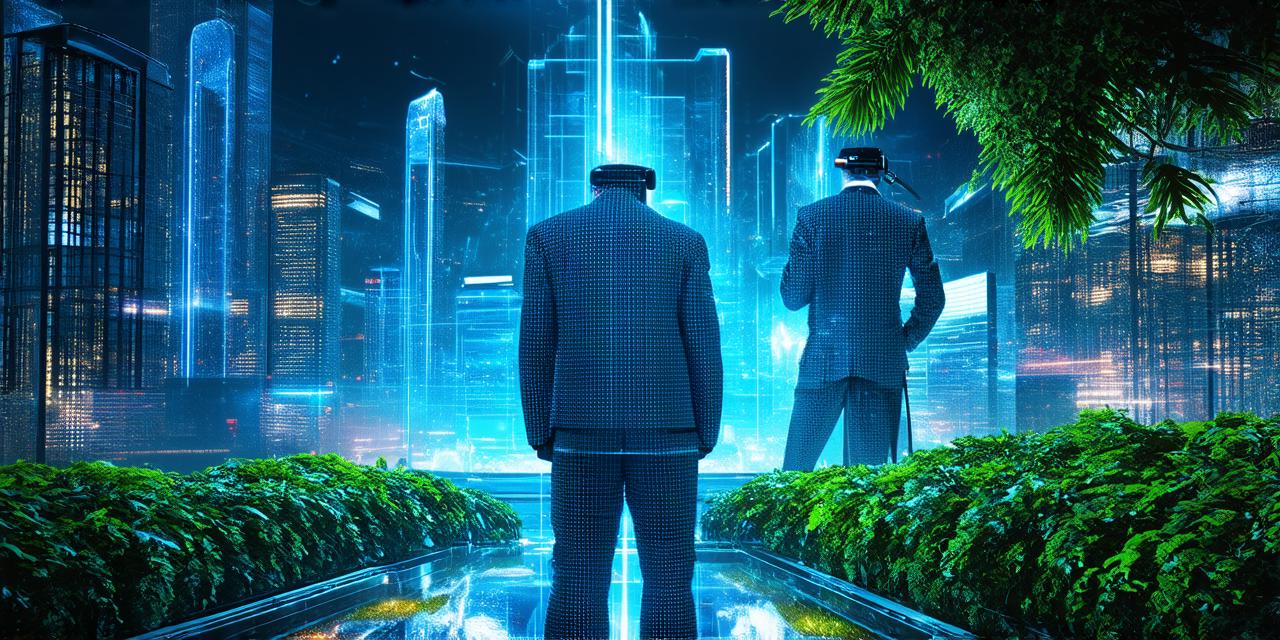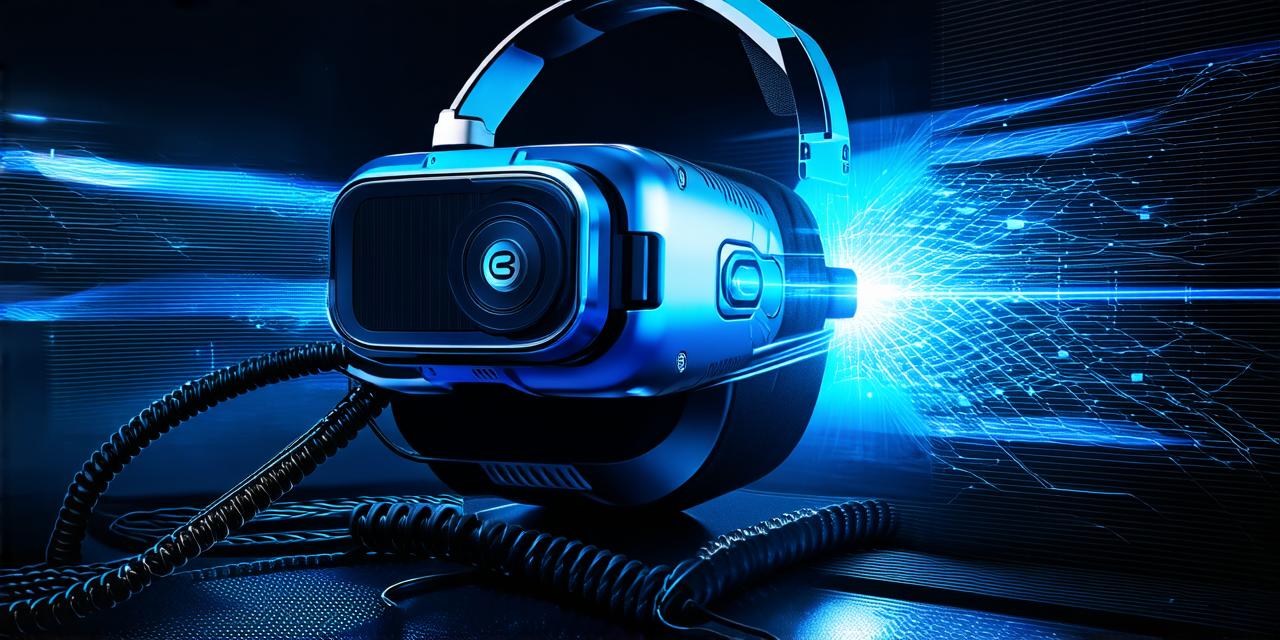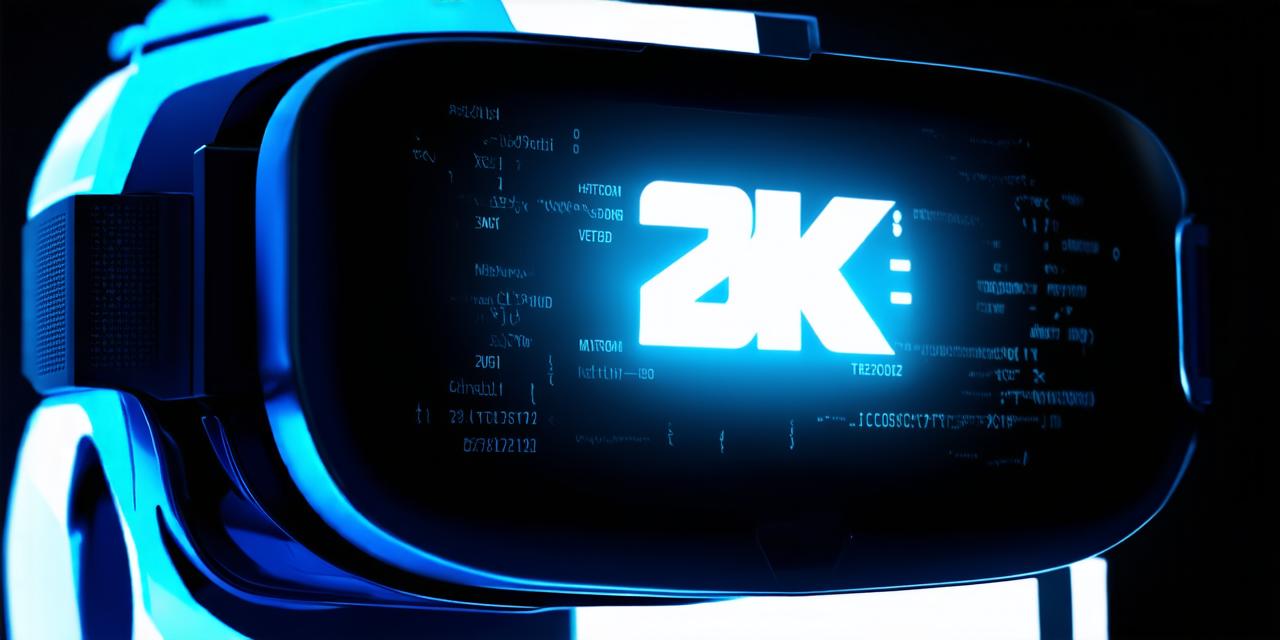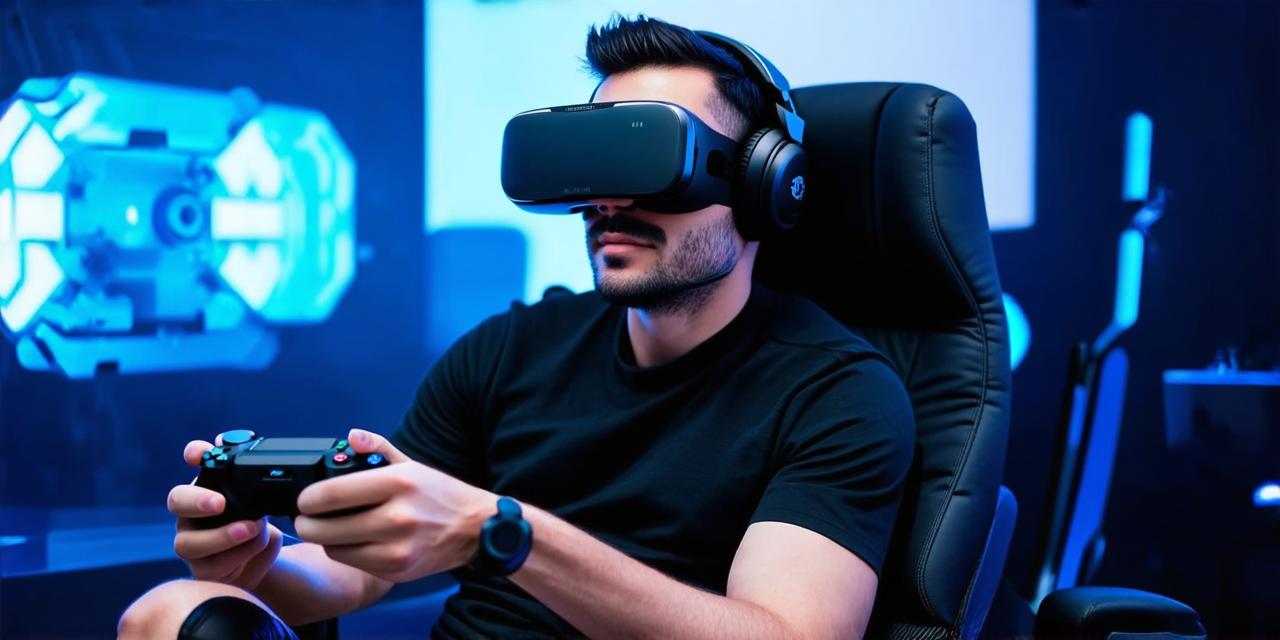When Virtual Reality Turns into Actual Reality: Understanding the Boundaries of Immersive Technology
What is Virtual Reality?
Virtual reality (VR) has come a long way since its inception, and it’s now possible to experience immersive environments that feel almost as real as the world around us. But how do we distinguish between virtual and actual reality, and what ethical considerations should be taken into account when creating VR experiences?
What is Actual Reality?
Actual reality refers to the physical world that exists around us, including the objects, people, and landscapes we can see and interact with. It’s the world we experience through our senses, such as sight, touch, hearing, and smell.
The Blurring of Lines
As VR technology continues to improve, it’s becoming increasingly difficult to distinguish between virtual and actual reality. For example, some VR experiences now use high-resolution displays and advanced tracking systems to create highly realistic environments that are almost indistinguishable from the real world.
The Ethical Implications of VR
As VR technology becomes more immersive, it raises important ethical questions about how we use it and what its impact on society might be. For example:
- Privacy: As users become more immersed in virtual worlds, they may inadvertently reveal personal information about themselves. This could have serious consequences if that information is misused or stolen.
- Addiction: Some people may become so addicted to VR experiences that they neglect their real-life responsibilities and relationships. This could have negative effects on their mental health and well-being.
- Authenticity: As VR technology becomes more advanced, it’s becoming increasingly difficult to distinguish between virtual and actual reality. This raises questions about what it means to be truly present in the world, and whether we should value real experiences over virtual ones.
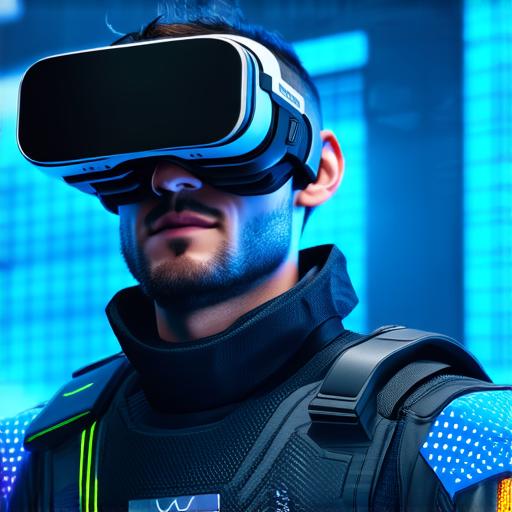
The Blurring of Lines
One area where the blurring of lines is particularly evident is in the field of education and training. Many industries are now using VR simulations to train their employees, allowing them to practice skills in a safe and controlled environment. These simulations can be so realistic that it’s sometimes difficult for users to tell if they are in a virtual world or not.
The Ethical Implications of VR
As VR technology becomes more immersive, it raises important ethical questions about how we use it and what its impact on society might be. For example:
- Privacy: As users become more immersed in virtual worlds, they may inadvertently reveal personal information about themselves. This could have serious consequences if that information is misused or stolen.
- Addiction: Some people may become so addicted to VR experiences that they neglect their real-life responsibilities and relationships. This could have negative effects on their mental health and well-being.
- Authenticity: As VR technology becomes more advanced, it’s becoming increasingly difficult to distinguish between virtual and actual reality. This raises questions about what it means to be truly present in the world, and whether we should value real experiences over virtual ones.
Conclusion
Virtual reality is a fascinating and powerful technology that has the potential to transform many aspects of our lives. But as we continue to push the boundaries of immersion, it’s important to consider the ethical implications of our actions and to ensure that we use VR in a responsible and sustainable way. By doing so, we can harness the power of VR to enhance our experiences and enrich our lives, without losing sight of what makes us truly human.
